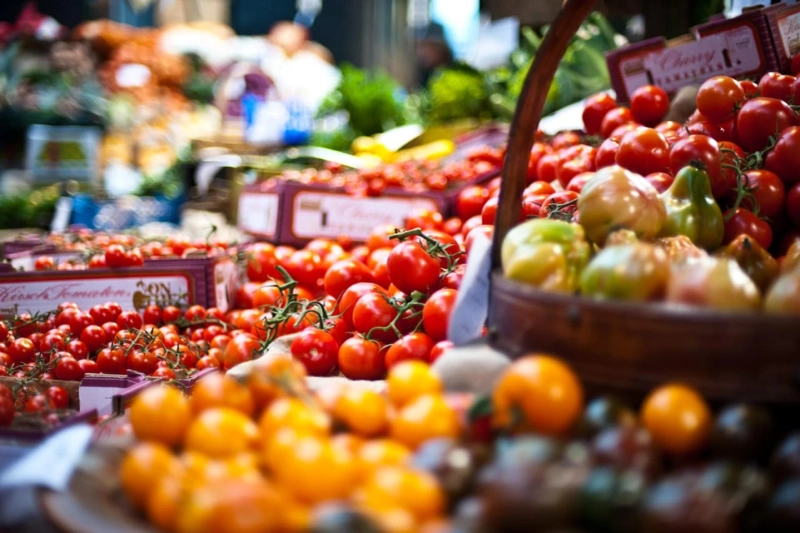In recent years, food and beverage have had an incredible expansion, and this trend has resulted in some substantial changes. The industry is rapidly moving away from imitation and toward innovation. Bio-hacked meals, which may not be scrumptious because they are deteriorated and then reconstituted using artificial intelligence, are being driven by food and beverage innovation. There is also a better knowledge of foodservice components at the molecular level.
According to food and drink market research, consumer fondness has shifted in unique and unexpected ways due to the international health emergency. The food and beverage sector is observing an increase in demand for foods and drinks that strengthen immune systems, improve our mood, and lessen our environmental footprint, fueled by rising human tensions. This has given companies a once-in-a-lifetime opportunity to create game-changing new goods that will permanently alter how we eat and drink. It will be a year of invention with significant nutritional advancements.
Thanks to AI advances transforming the game, here are five things the food sector may expect in the next five years.
Experimental Feast, On-trend!
Patrons may venture beyond microwave meals, appreciations to outdoor dining, prepackaged meals, and a finite menu. These models allow consumers to exit the kitchen while still being safe, which is still a top priority for many.
While meal delivery and takeout are now a fad, these behaviors will become a regular habit in 2022 and the following years, allowing customers to assemble their own experiences at home.
Thriving Ghost Kitchens
For restaurants, there are various advantages to having a ghost kitchen. Restaurants, for example, may dramatically reduce their operational expenses by employing fewer people and using less space. Companies may streamline operations, innovate, and focus on generating high-quality menu items without trying to clean serving dishes or arrange tables. Newer restaurants seeking to make it in the traditionally dangerous market might also benefit from ghost kitchens. The initial expenditure required to run a cloud kitchen is far lower than that needed to launch a full-service restaurant, potentially allowing more companies to leap.
More Focus on Health and Immunity
The COVID-19 epidemic altered consumer behavior in the previous year, affecting everything from online grocery shopping to a greater emphasis on home cooking. As a result of this trend, many food and beverage innovation companies are including immune-boosting substances in their products.
"There's no doubt that the significance of immunity has taken on new meaning in these times," says Peter McGuinness, president, and COO of Chobani. "That's why so many of our meals and drinks contain advantages of probiotics to boost immune, digestion, and gut health."
More Transparency Infused with Technology
Transparency is becoming a more critical aspect of business strategy for many firms. "We are determined to create openness and traceability inside our business," Nestle said in one of their interviews. "We are focused on the raw materials that are essential to us."
Digital expiry date labels are cutting-edge methods for monitoring food quality in real-time. These tactics are primarily designed to increase customer confidence without disrupting or moving supply chain risk.
Sustainability Says The Market
As people become more conscious of our collective influence on the environment, firms are asked to indicate their dedication to endurable development in ways other than the final product, such as responsible sourcing and operational standards. Recognizing the need for sustainable resources, businesses have developed products that have the potential to decrease waste while offering the best possible commodities to contribute to food sustainability.
Conclusion
Business intelligence is a vital tool in the fast-moving consumer goods (FMCG) and, more significantly, the food and drinks market researchers. It allows management to develop realistic predictions and analyze new prospects appropriately. Professionals such as business intelligence consultants and analysts are critical in developing a Data-Driven strategy that will enable firms to provide the best possible service to their consumers and, as a result, improve their competitive edge in the market.


